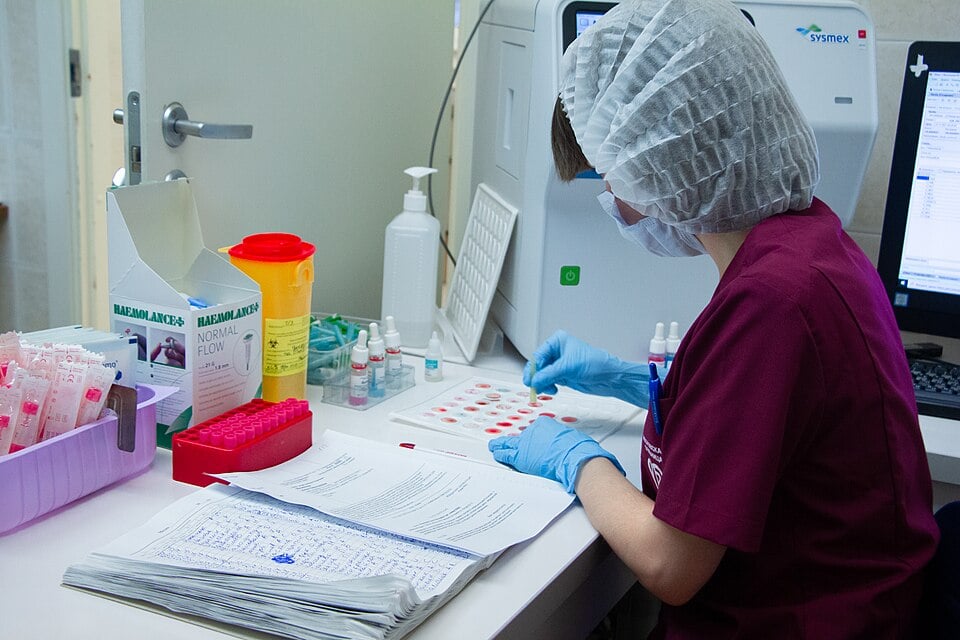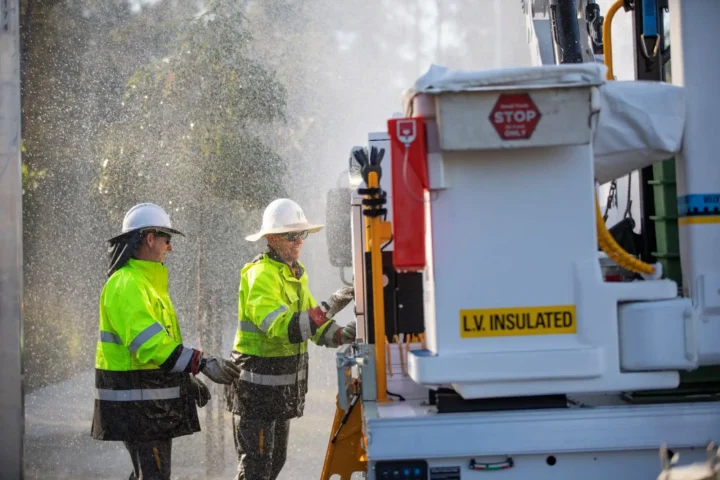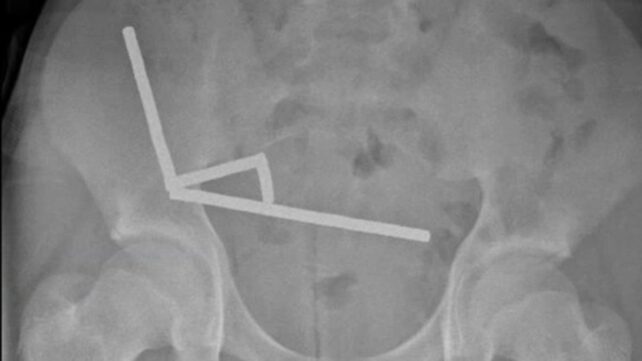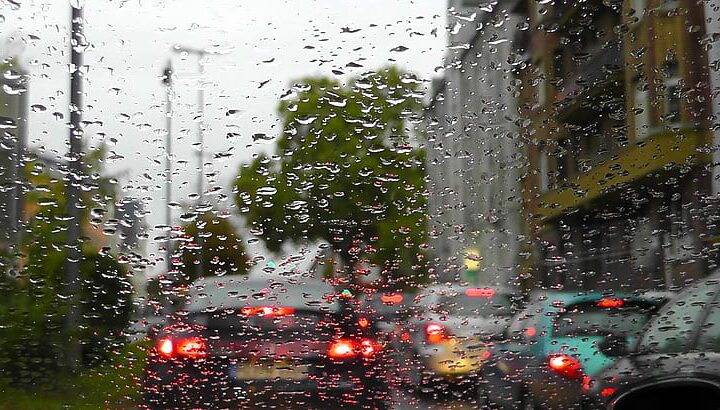A new blood test developed in Australia promises to transform how coeliac disease is diagnosed, removing the need for patients to eat gluten – the very substance that makes them ill.
For people like Eliza Long, who was diagnosed at age 11, this advancement could spare others the difficult experience she endured. “Knowing that what I was eating was going to make me feel really unwell was quite concerning,” said Long, now 23.
Coeliac disease affects about 1 in 70 Australians – roughly 350,000 people. It’s an autoimmune condition where consuming gluten (a protein found in wheat, rye, and barley) triggers inflammation in the small intestine.
Currently, getting diagnosed requires patients to eat gluten for weeks before undergoing blood tests and often an invasive gastroscopy with a biopsy. This “gluten challenge” forces people to deliberately make themselves sick, causing symptoms like diarrhea, abdominal pain, and bloating.
Similar Tests
“It’s really important to make a diagnosis of coeliac disease because it can lead to long-term health issues such as gut symptoms, osteoporosis, infertility, even some forms of cancer, such as lymphoma,” said Associate Professor Jason Tye-Din, head of the coeliac research laboratory at the Walter and Eliza Hall Institute of Medical Research (WEHI).
The new test, developed by WEHI researchers with Brisbane-based Novoviah Pharmaceuticals, works differently. Instead of requiring patients to eat gluten, it mixes a small blood sample with gluten in a test tube. If the immune cells that cause coeliac disease are present, they react to the gluten, producing a detectable signal.
Research published in the journal Gastroenterology showed the test detected the condition with up to 90% sensitivity and 97% specificity – even in patients following strict gluten-free diets. The study evaluated blood samples from 181 volunteers between ages 18 and 75.
The significance of this breakthrough extends beyond convenience. Researchers estimate that 80% of people with coeliac disease remain undiagnosed globally, partly because many avoid testing due to the unpleasant gluten challenge.
“There are likely millions of people around the world living with undiagnosed coeliac disease simply because the path to diagnosis is difficult, and at times, debilitating,” Tye-Din explained.
Olivia Moscatelli, the study’s lead author who was diagnosed with coeliac disease at 18, said the team was “thrilled” with the test’s performance.
While promising, the research has limitations. The study involved participants from only one center with relatively small subgroup sizes, and children and patients on immunosuppressants were not assessed.
Professor Peter Gibson, a gastroenterologist from Monash University not involved in the study, called it a “genuinely major step forward” but noted further studies are needed.

The researchers are now working to confirm the test’s accuracy across diverse populations and aim to make it available within the next two years.
For Long, such a test would have been “life-changing” during her diagnosis journey. “To be able to go to your doctor and get the blood test… it will encourage a lot of people to go and get it done,” she said.

















